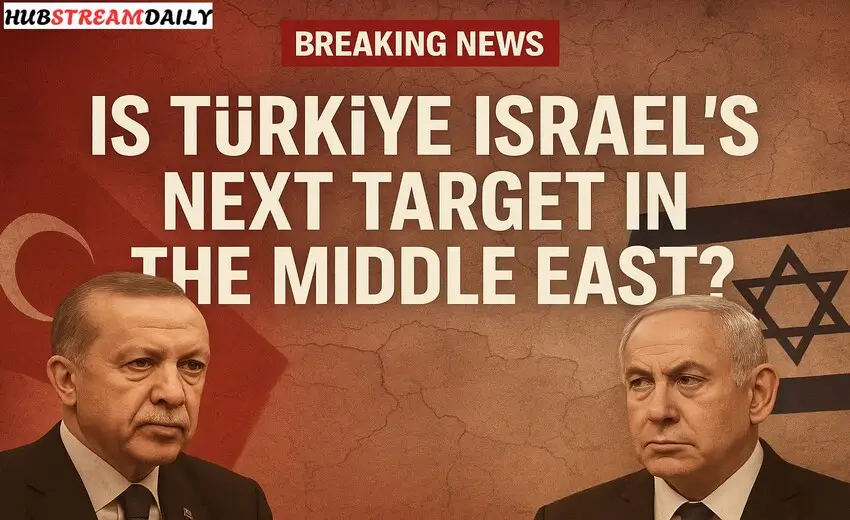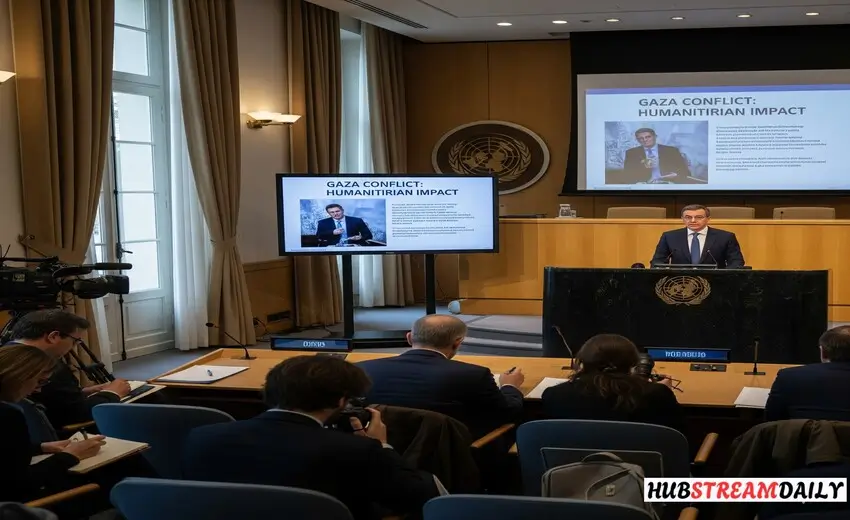
Baghdad — In the center of the Middle East, Iraq ends up, once again, in the middle of a clash between two giants – the United States and Iran. The passing of a new law in the Iraqi parliament — one that aims to regulate foreign military presence, and further restrict international financial movement — has sparked conversation in Iraq, but also radiated to Washington and Tehran. For Iraqis, this law isn’t just a piece of legislation, but a litmus test to see if they can finally function as an independent nation after decades of war, foreign occupation, and domestic strife.
A Law Intended for Autonomy
At its essence, the new law is intended to reaffirm Iraq’s sovereignty. It places stricter conditions on foreign troops that operate in its territory, provisions for security cooperation, and attempts to impose greater financial oversight to avoid allowing the country to become a theater for proxy wars.
The proponents of the legislation claim that Iraq has relied on outside actors for too long. “We must send a strong message. Iraq belongs to Iraqis,” said one member of parliament who supported the bill. For supporters, this bill represents a long-requested step toward political maturity and independence.
But the law also reveals Iraq’s precarious situation: going way too hard against the United States threatens Iran’s essential military and financial assistance to its legions’ capacity to train and arm; going too far to align with Tehran leads to fears of becoming just an Iranian client state.
U.S. Angle
From Washington’s perspective, the law is worrisome. Since the U.S.-led invasion removed Saddam Hussein from power in 2003, the U.S. has remained deeply militarily, diplomatically, and financially engaged in Iraq. Although U.S. combat operations ceased several years ago, U.S. forces provide training, intelligence, and supporting roles to the Iraqi security forces who still fight against ISIS remnants.
American officials are understandably concerned that the strict limitations that the legislation places on their presence will affect counterterrorism operations and provide an opportunity for Iran-backed militias to expand their influence. Some analysts assert that the legislation provides a new advantage to Tehran because it could weaken American leverage in Baghdad.
“The risk that takes everyone’s breath away is that Iraq becomes less of a partner and more of a contested space,” said a Washington-based Middle East expert. “The U.S. has spilled blood and treasure here for 20 years; if suddenly the U.S. factors less into the security plan, that leaves a security vacuum.”
The Iranian Aspect
Iran has, on the other hand, embraced the legislation as something against American influence. Tehran has for a long time viewed Iraq as both a neighbor and as a key buffer. Iran exercises influence through political relationships, trade ties and various domestic militias collectively referred to as the Popular Mobilization Forces or PMF.
For Iran, an Iraq that is less hospitable to US forces is a win. An Iraqi government that is less inclined to support US forces reduces American reach in the region while strengthening Tehran. However, a number of Iraqi politicians have warned that this must not be seen as an invitation to Iranian dominance. “We do not want to replace one foreign interference with another” said a political analyst in Baghdad.
Indeed, many Iraqis are suspicious of Iran’s influence. While Iranian support was critical for the fight against ISIS, their militias have frequently contributed to undermining governmental authority and come under fire for human rights abuses and corruption.
The Iraqi Situation
Iraq finds itself between a pair of rival forces and is now in a huge dilemma that is more than geopolitical. Most Iraqis, many of whom are disillusioned with both Washington and Tehran, want a government that works, that provides jobs, electricity and security, without being treated like play toy.
The stakes are high; the 2019 protests by thousands of young Iraqis who demanded an end to corruption and foreign influence serve as a stark reminder that sovereignty is not just passing laws but also providing for the wellbeing of the people. Many protests were clear — neither the U.S. or Iran should be allowed to dictate Iraq’s future.
“Independence is more than just about kicking the Americans out or pushing back against the Iranians,” says Leila, a 26-year old activist in Baghdad, “it’s about having a government that works for us, not to serve the interests of foreign powers.”
Historical Context
Iraq’s fight for sovereignty is not a new one. In fact, much of Iraq’s modern history is shaped by external forces — British colonialism, Cold War rivals, Saddam Hussein’s wars, the U.S. invasion of 2003.
Each period only added to Iraq’s external entanglement. Considering the new law in this light, it can be part of the story of eventually trying to regain autonomy. But history demonstrates the fragility of such autonomy and power dynamics amidst powerful neighbors and global powers with looming interests.
Regional Effects
The implications of the law’s enactments stretches into the region. Turkey and Saudi Arabia are acutely aware of Iraq’s movements. A more independent Iraq changes the political alliances in the Middle East and will rewire trade routes, energy politics and security balances.
For Turkey, Iraq’s policies have immediate implications for Turkey’s conflict with Kurdish militants. For Gulf states like Saudi Arabia, a more capable and independent Iraq could act as counterweight to Iran’s regional hegemonic instabilities. Iraq’s policy alternatives create problems extending well beyond Baghdad.
A Nation at a Crossroads
Ultimately, the law raises the question: can Iraq navigate a path of genuine independence without alienating one power and falling under the shadow of another? The answer will depend on the strength of its institutions, the unity of its political class, and the will of its people.
Experts warn that if the law is implemented unevenly or exploited by factions for political gain, it could deepen divisions instead of strengthening sovereignty. On the other hand, if Iraq manages to apply it fairly and consistently, it could mark the beginning of a new chapter — one where the country is no longer defined by foreign influence but by its own national interests.
A Test of Sovereignty
The new law is more than a legal text. It is a statement, a gamble, and a test. For Iraq, it is an attempt to walk the tightrope between Iran and the United States while holding onto its own identity.
The stakes are high. If Iraq succeeds, it could finally emerge as an independent player in the Middle East, respected not for its alliances but for its sovereignty. If it fails, it risks sliding further into the role of a battleground for others’ ambitions.
For now, Iraq stands at a crossroads, its destiny written not only in the halls of parliament but in the hearts of its people.





